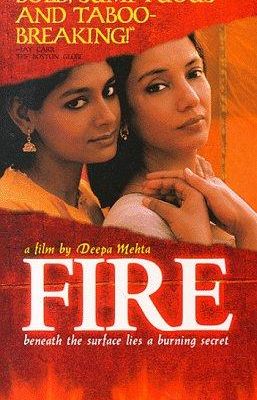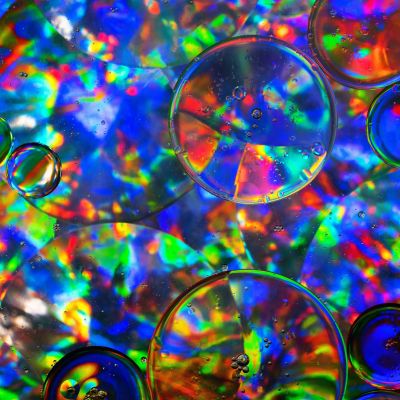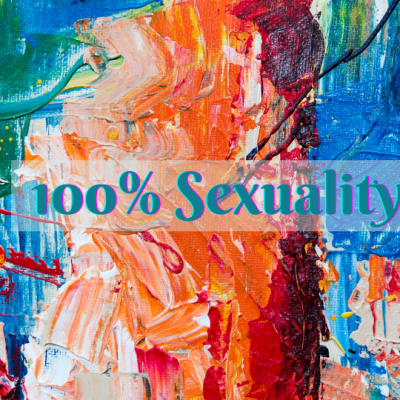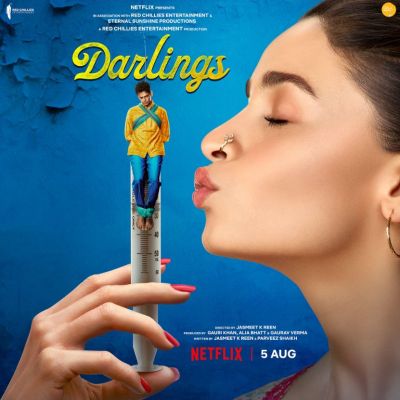female desire
Fire served as a seminal piece of media in my life for that reason, not only because of its queer themes and normalisation of LGBTQ+ relationships but because of how it normalises the pursuit of pleasure as a fundamental part of us, and not something we should be ashamed of.
उनकी सेक्सी कहानियों में आनंद और फैंटसी का चित्रण पूरी तरह औरतों की इच्छाओं पर केंद्रित हैं।
As a girl, I was made to believe that pleasure was something that existed outside my body, something that I had to seek out, something that was necessarily a product of a partnered experience. I don’t think I was even allowed to want pleasure, especially in its sexual forms.
Any desire, not necessarily or narrowly sexual, but perhaps related to sexuality, such as independence, equality, gender role-bending, controlling your own finances, eating the food you’d like to eat as opposed to the food your spouse desires, wearing the clothes you’d like to wear, birth control, choosing to have or not to have children … any of these desires would have only that importance that the individual concerned is able to apportion to it.
100 issues, 8 years! Thank you, dear readers and contributors! As we planned for this issue to put on our…
The story is so well told and is written with such a light, deft hand that it is almost easy to miss what makes it so quietly radical. To review it within the scope of exploring the coming together of literature and sexuality we must begin with its central cast of characters – the widows.
Darlings, a recent Netflix release featuring Alia Bhatt and Shefali Shah and their endearing performances, wins our hearts. In the…






